
Family Background, Cultural Capital and College Major Choice in China
Does socioeconomic status affect a student's choice between science and liberal arts?
Read or listen offline
Amazon KindleRecommendation
In a study published by The British Journal of Sociology in December 2107, Chinese scholars Hu Anning and Wu Xiaogang investigated the correlation between what French sociologist Pierre Bourdain identified as “cultural capital” and college major choice in China, where students must choose between a science-focused curriculum and an arts-focused curriculum at the start of high school. The older generation grew up in a country thirsty for economic growth and industrial prowess. In those days, many students favored science and technology above literature and the arts. According to Hu and Wu’s study, today it’s mostly those from a lower social strata – with less cultural capital – who choose a science-related major. Chen Xiaoxue, editor of the WeChat wemedia account The Intellectual, and research student Shi Jiaxin report on Wu and Hu’s findings. Chen and Shi’s study is thought-provoking and opens up a wealth of questions that researchers will undoubtedly explore in the future: As China develops, will the popularity of science majors decrease? Will the choice of majors affect China’s social stratification in the long run? How will changes in China’s education system affect the influence of cultural capital on social advancement? getAbstract recommends Chen and Shi’s insightful analysis to those interested in education, social mobility and economics.
Summary
About the Authors
Jiaxin Shi is a social science research student at Hong Kong University of Science and Technology, while Chen Xiaoxue is an editor of The Intellectual, a WeChat wemedia account covering scientific research and think-tank reports.







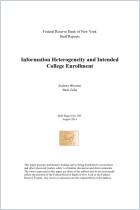
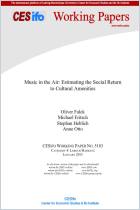
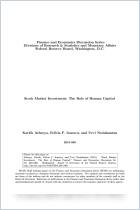
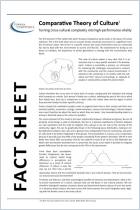
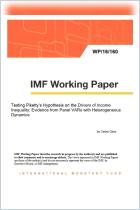
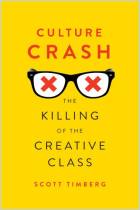


Comment on this summary or Démarrer une discussion